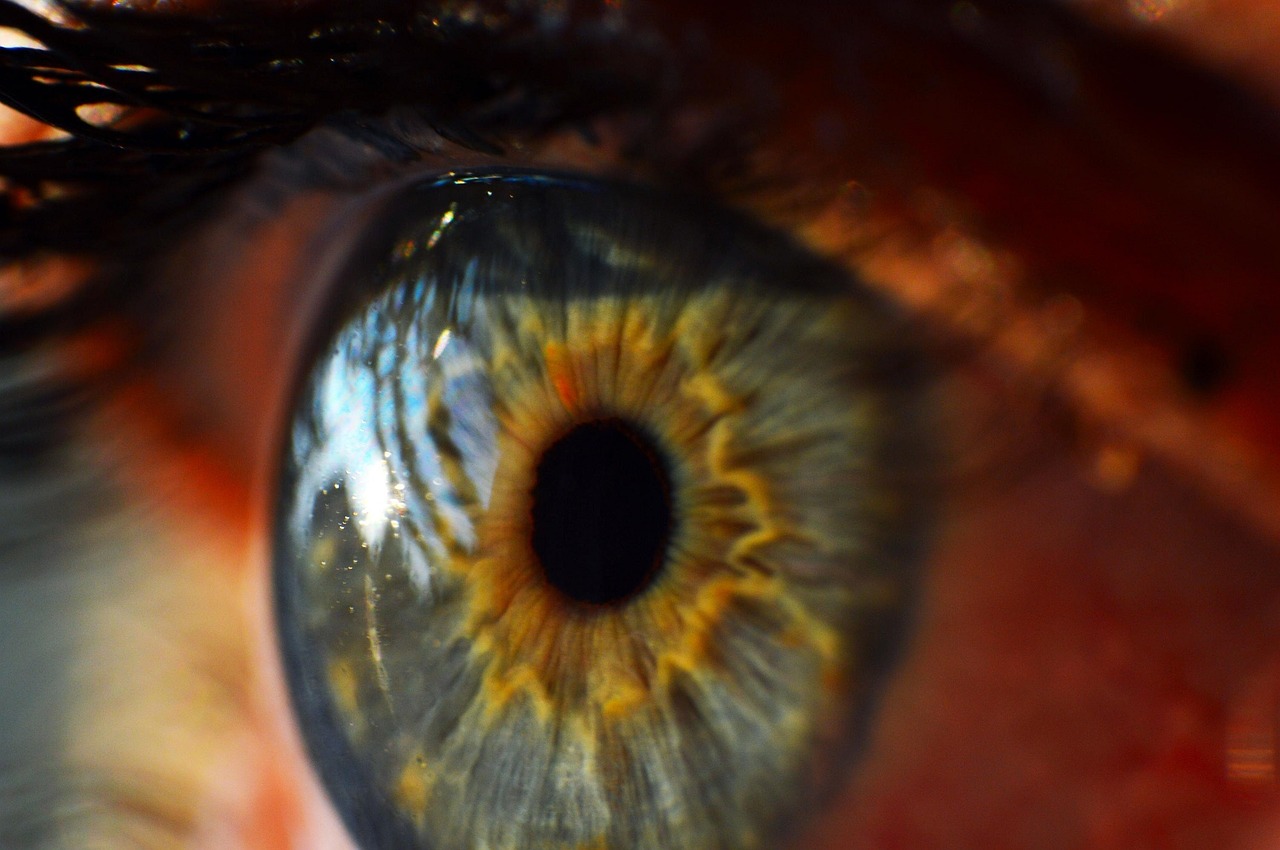Harvard scientists have, for the first time ever, discovered a link between a specific neurotransmitter and autism. The finding provides needed answers that may lead to improved understanding, better detection and possibly even more effective treatment options for those suffering from the disorder.
The team of researchers — who were led by junior fellow of the Harvard Society of Fellows, Caroline Robertson — were able to correlation the differences between normal and autistic brains with a breakdown in the signaling pathway used by GABA, which is an amino acid that acts as a neurotransmitter in the central nervous system (CNS).
Robertson was quoted by the Harvard Gazette as having explained that the recent discovery marks “the first time, in humans, that a neurotransmitter in the brain has been linked to autistic behavior” and that “until now we never had evidence for it actually causing autistic differences in humans.”
The findings, which were published in the journal Current Biology, suggest that visual tests like those used in the study could be used to screen children for autism at a younger age.
In the study, the researchers employed a visual test designed to trigger different reactions in autistic and normal brains. The test is one in which the participants are shown two images, each eye seeing a different image. At first, only one image is visible, but eventually, the neurons forcing the inhibitory signal tire – allowing the other image to appear. This process then repeats, going back and forth, but in the case of autistic brains, the oscillation between the different images can take considerably more time. This is what’s known as a binocular-rivalry test.
Explaining the results of the study’s findings, Robertson stated that it’s “not that there’s no GABA in the brain,” it’s that along the pathway, there’s a “broken” step. While simply fixing the pathway might sound simple enough, the Harvard Gazette reports that it’s just one of those things that’s “easier said than done.”
While the discovery might not lead directly to a cure for autism, Robertson noted that she’s “excited” and that she feels “good about this one.”
























